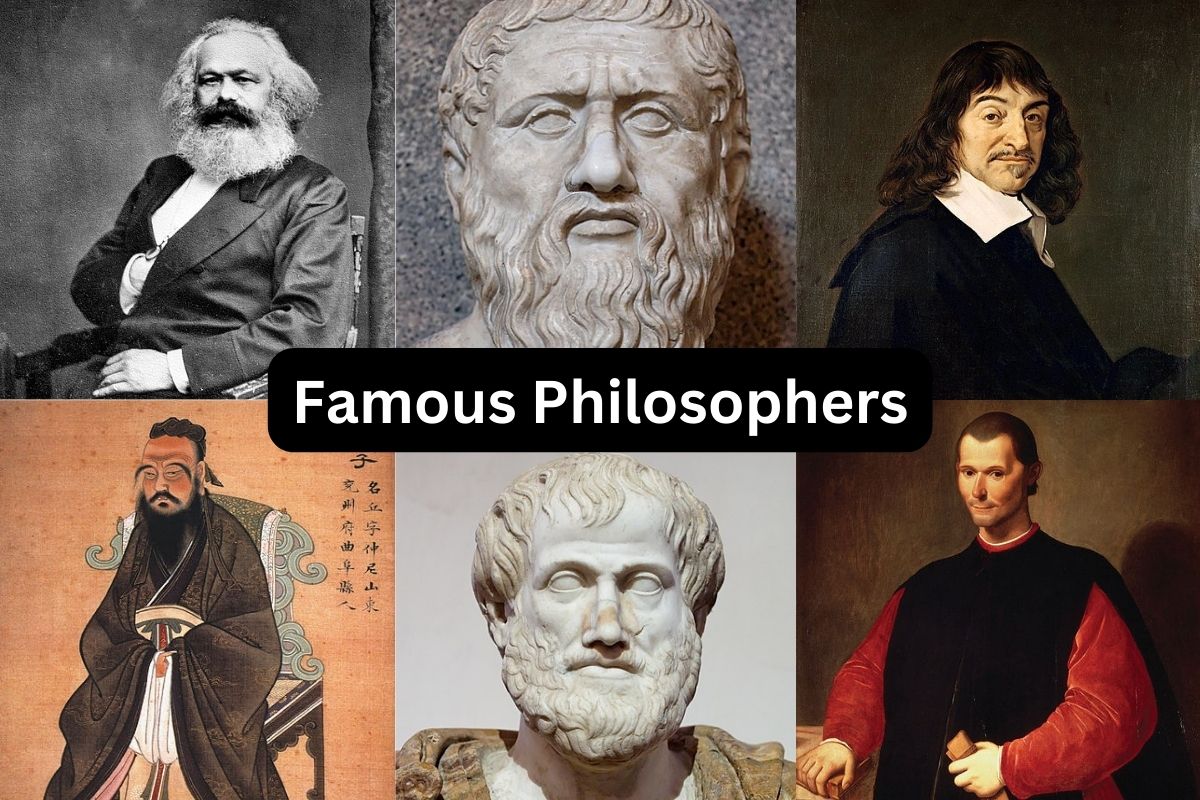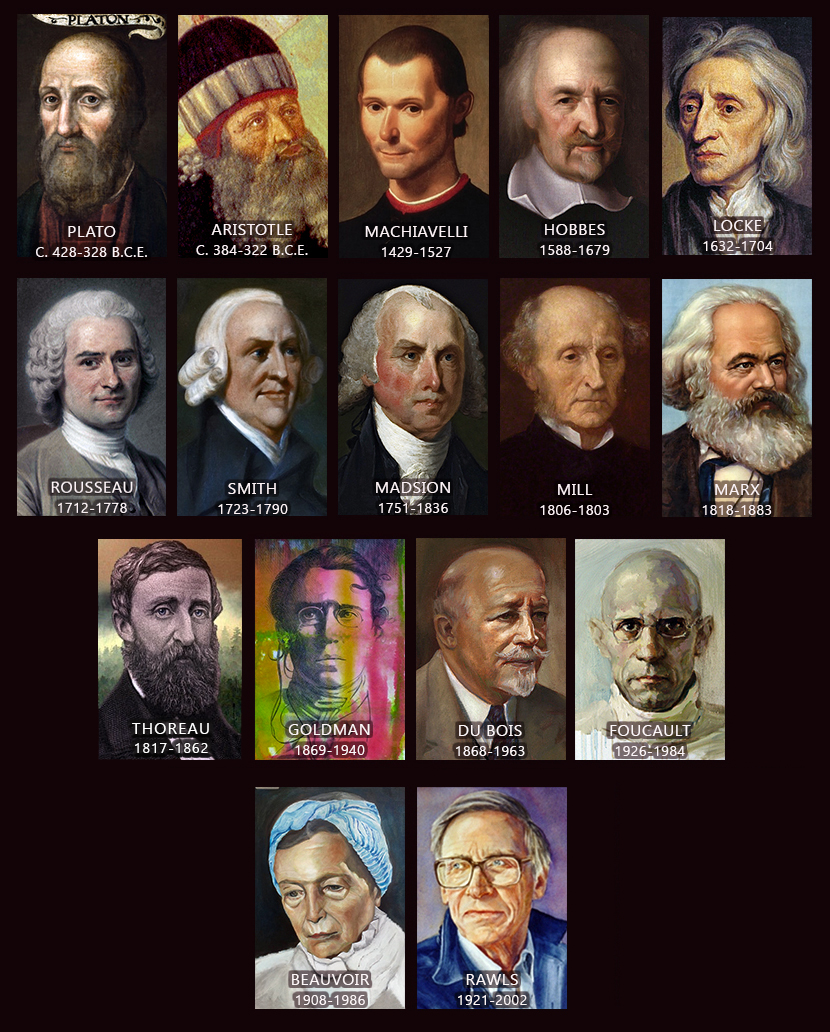The 18th century was a transformative period in Western philosophy, marked by the emergence of thinkers who sought to redefine the relationship between individuals and society. This era, often referred to as the Age of Enlightenment, was characterized by a fervent questioning of traditional norms and an emphasis on reason, individualism, and social contracts. Among the pivotal ideas that surfaced during this time was the notion of a social contract—an implicit agreement among individuals to form a society and govern themselves. The concept sparked intense debates about freedom, authority, and the moral obligations of citizens.
One of the key questions that philosophers grappled with was whether such a contract could be enforced in a way that constrains individuals while also protecting their rights. The tension between personal liberty and societal obligation became a central theme of Enlightenment thought. This article delves into the lives and works of prominent Western philosophers in the 18th century, examining how their ideas contributed to the understanding of social contracts and their implications for individuals and communities.
As we explore the contributions of these thinkers, we will consider the broader context of their philosophies and the lasting impact they had on modern political thought. By understanding the perspectives of these philosophers, we can gain insight into the foundations of contemporary discussions about governance, individual rights, and the nature of freedom.
Who Were the Key Philosophers of the 18th Century?
The 18th century was home to several influential philosophers whose ideas shaped the trajectory of Western thought. Among them were:
- Jean-Jacques Rousseau
- John Locke
- Thomas Hobbes
- Immanuel Kant
What Were the Main Ideas Behind the Social Contract Theory?
Social contract theory posits that individuals consent, either explicitly or implicitly, to surrender some of their freedoms and submit to the authority of a governing body in exchange for protection of their remaining rights. This concept was notably articulated by several key philosophers:
How Did Thomas Hobbes View the Social Contract?
Hobbes, in his work "Leviathan," argued that in a state of nature, life would be "solitary, poor, nasty, brutish, and short." He believed that individuals needed to agree to a social contract to escape this chaos. For Hobbes, the contract involved total submission to a sovereign authority, which would maintain peace and order through coercive power.
What Contributions Did John Locke Make to the Concept of the Social Contract?
Conversely, John Locke introduced a more optimistic view of the social contract. In "Two Treatises of Government," Locke contended that individuals possessed natural rights to life, liberty, and property, which the government must protect. He argued for a contract that allows for rebellion against unjust rulers, emphasizing the importance of consent and the role of the individual in governance.
How Did Rousseau’s Perspective Differ from His Predecessors?
Jean-Jacques Rousseau took a unique stance in his work "The Social Contract." He believed that true freedom is found in the collective will of the people, which he termed the "general will." Rousseau's philosophy suggested that individuals gain freedom by participating in the creation of the laws that govern them, rather than merely submitting to the authority of a monarch.
What Role Did Immanuel Kant Play in Shaping Modern Political Thought?
Immanuel Kant's contributions to political philosophy were profound. In his essay "Perpetual Peace," Kant argued for the establishment of a federation of free states that would work together to ensure peace. He emphasized the moral duty of individuals to participate in governance, aligning with the concept of a social contract that respects individual autonomy while promoting communal responsibility.
What Are the Implications of a Social Contract That Forces People?
The notion of a social contract that enforces compliance raises significant ethical questions. Philosophers debated whether such a contract could be justifiable if it compromises individual freedoms. The implications of forcing people into a contract include:
- Loss of Personal Freedom: Individuals may feel constrained by obligations they did not willingly accept.
- Legitimacy of Authority: The authority's right to govern could be questioned if derived from coercion.
- Social Cohesion: Forced compliance may lead to resentment and social unrest.
How Do These Philosophical Ideas Apply to Modern Society?
Today, the legacy of 18th-century philosophers continues to influence contemporary debates about governance, individual rights, and social responsibility. The discussions surrounding social contracts are particularly relevant in contexts such as:
- Government Policies: How do policies strike a balance between public safety and individual freedoms?
- Civil Rights Movements: What is the role of citizens in challenging unjust laws?
- Global Governance: How do nations cooperate to ensure peace without infringing on sovereignty?
Conclusion: The Enduring Legacy of 18th Century Philosophers
The exploration of Western philosophers in the 18th century reveals a rich tapestry of ideas that continue to inform discussions about the social contract and individual rights. As we reflect on their contributions, we can appreciate the complexity of constructing a society that honors both collective governance and personal liberty. The tension between these ideals remains a central theme in political philosophy, prompting ongoing inquiry into the nature of freedom, authority, and the moral obligations of individuals within a community.



ncG1vNJzZmixn6PAtr7IZqWeq6RjsLC5jq2pnqaUnruogY6wnKyslae7brzHoqOoq5%2Bltaa%2B0magp2WknbJufZetn2ablaPBtr7YZphmmV2YvK%2FA0ZqarWWkna61ecWoqZydo2K9prvPpZxnoKSiuQ%3D%3D